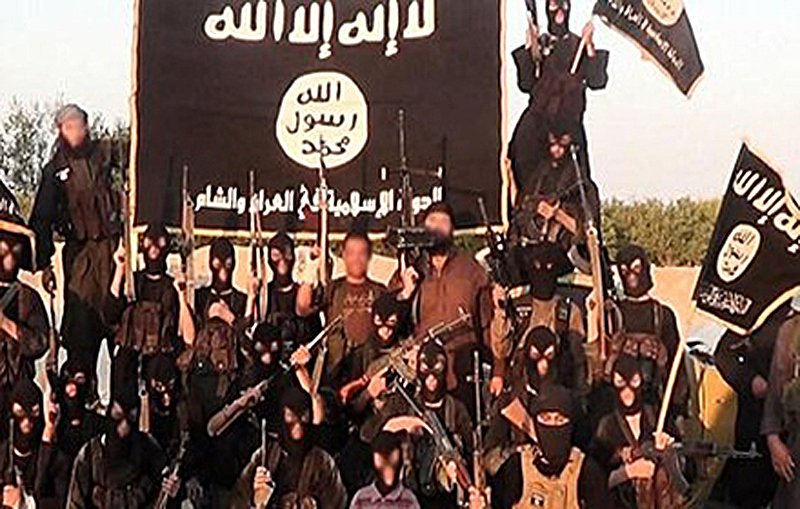Turkish authorities have uncovered a sophisticated ISIS-Khorasan (ISKP) operation involving Central Asian militants using Turkey as a strategic hub, with two suspected terrorists arrested after being tracked from the popular tourist destination of Bodrum to an Istanbul safe house.
According to reporting by Hale Gönültaş in Kısa Dalga, a new indictment prepared by the Istanbul Chief Public Prosecutor's Office reveals that militants from Central Asian countries have been actively operating in Turkey, establishing networks particularly in Istanbul while moving freely using fake identities and passports. The investigation highlights Turkey's emergence as a critical transit and operational base for one of ISIS's most dangerous branches.
The two main suspects, 26-year-old Tajik national Hikmat Naimov and 25-year-old Azerbaijani Khamis Rahmanov, first drew intelligence attention in May 2024 when they were spotted staying at the same hotel in Bodrum, Muğla Province. This seaside resort town, popular with international tourists, seemed an unlikely location for ISIS operatives, raising immediate red flags among security services.
Turkish police conducted a raid on a residence in Istanbul's Bayrampaşa district in October 2024, where both men were arrested along with a 16-year-old Tajik national identified only as O.R., who was taken into custody by juvenile division officers. The raid yielded significant evidence, including numerous fake identification documents, passports, organizational materials, and ISIS propaganda. Notably, neither suspect had SIM cards in their phones, a standard operational security measure used by terrorist networks.
Both men were formally arrested on October 5, 2024, on charges of "membership in an armed organization." The indictment reveals connections between the arrested individuals and five other suspects—three Tajiks and two Azerbaijanis—detained in simultaneous operations targeting ISIS's Afghanistan network.
During interrogation, Naimov denied any ISIS connections, claiming he came to Turkey to visit a friend and deepen his religious knowledge. He admitted to watching Russian-translated videos of Abu Hanzala (Halis Bayuncuk), a notorious radical preacher, and said he supported himself through textile work while studying the Quran. Rahmanov similarly denied terrorism links, claiming he merely shared accommodation with Naimov after being introduced by an Uzbek unlicensed taxi driver.
However, prosecutors noted the implausibility of their claims, stating: "It is contrary to the ordinary course of life that suspects who claim not to know each other and to have met in Turkey would travel together to Bodrum and stay at the same hotel." Intelligence reports indicated that Naimov had entered Turkey illegally, specifically to gather intelligence and plan attacks, using the identity of detained Uzbek national Dostonbek Khaydarov.
ISIS-Khorasan, established in 2015 as a breakaway faction from the broader Islamic State organization, primarily operates in Afghanistan and Pakistan. The group gained international notoriety for the devastating August 2021 attack on Kabul International Airport that resulted in significant casualties. Known for its extreme interpretation of Islamic law, ISIS-K has demonstrated remarkable resilience despite military pressure, recruiting militants dissatisfied with Taliban rule and expanding its network through countries including Syria, Iraq, and Turkey.
Previous investigations revealed ISIS-Khorasan's use of Turkey as a central hub for routing Central Asian militants to conflict zones. Earlier this year, prosecutors documented plans for attacks on churches, synagogues, and Dutch and Norwegian consulates in Turkey, along with weapons and explosives procurement activities.
The Bodrum connection adds a disturbing dimension to the investigation, suggesting terrorist networks may be scouting Turkey's tourist areas for potential targets or using them as meeting points to avoid detection.
